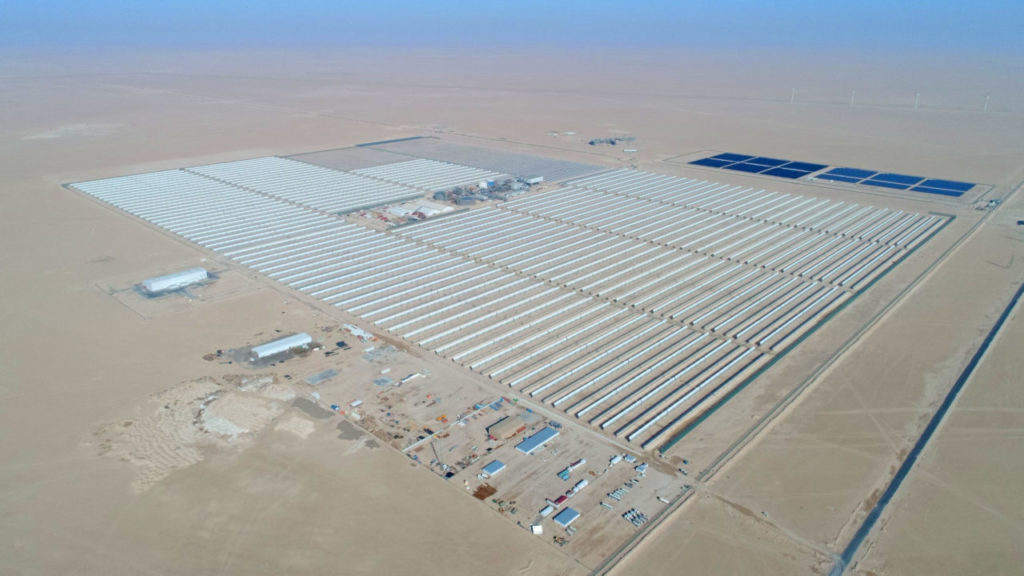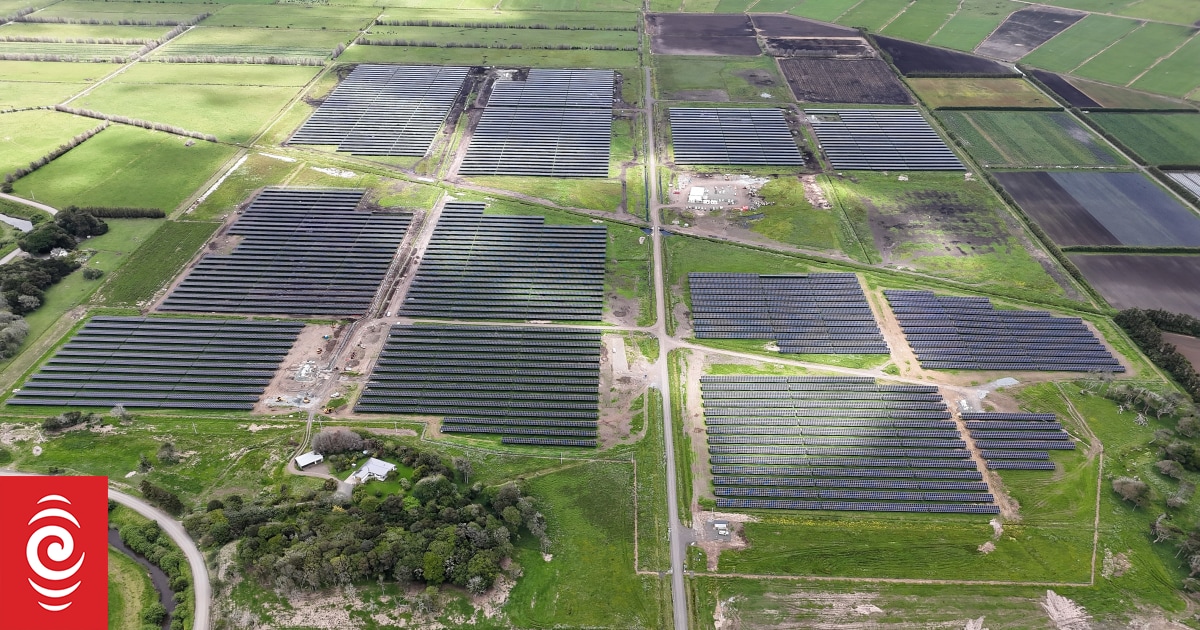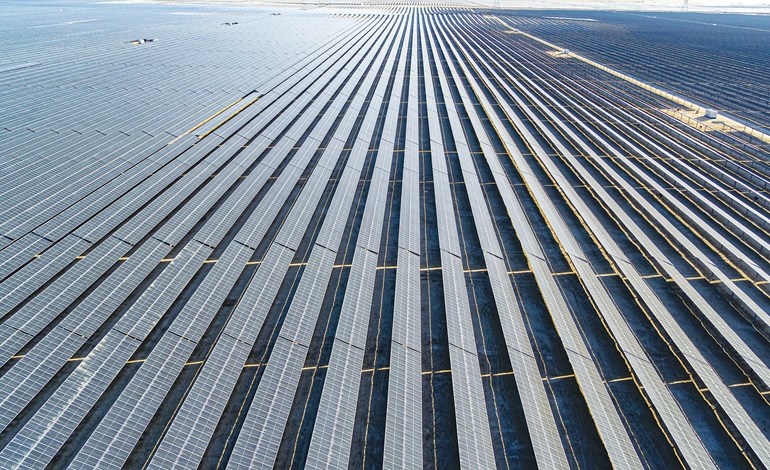In response to the surging demand for wearable electronic devices, a research team from the Korea Advanced Institute of Science and Technology (KAIST) has unveiled groundbreaking stretchable solar cells. Led by Professor Bumjoon Kim, the Department of Chemical and Biomolecular Engineering (CBE) at KAIST introduced a novel conductive polymer material, achieving both superior electrical performance and elasticity.
Overcoming Challenges in Stretchable Solar Cell Development
Creating solar cells that maintain high electrical performance while being mechanically elastic presents a significant challenge. The KAIST team’s breakthrough, announced on December 26, introduces a conductive polymer material that not only meets these dual requirements but also delivers the world’s highest-performing stretchable organic solar cell.
Advantages of Organic Solar Cells
Unlike traditional non-organic solar cells, organic solar cells feature a photoactive layer composed of organic materials. These cells are lighter and more flexible, making them ideal for integration into wearable electronic devices. Although high-efficiency solar cells typically lack flexibility, KAIST’s research addresses this limitation.
Innovation in Polymer Development
Professor Kim’s team successfully combined a highly stretchable polymer with an electrically conductive polymer, resulting in a new conductive polymer boasting both electrical conductivity and mechanical stretchability. This polymer achieved a remarkable photovoltaic conversion efficiency of 19%, surpassing existing devices’ stretchability by ten times.
Unprecedented Stretchable Solar Cell Performance
The team’s creation is the world’s highest-performing stretchable solar cell, capable of stretching up to 40% during operation. The breakthrough holds significant promise for the application of wearable devices, showcasing the adaptability of the developed polymer as a base material for various electronic devices requiring malleability and elasticity.
Collaboration and Publication
This groundbreaking research involved collaboration between KAIST researchers Jin-Woo Lee and Heung-Goo Lee, Professor Taek-Soo Kim from the Department of Mechanical Engineering, and Professor Sheng Li from the Department of CBE. The findings were published in Joule on December 1, highlighting the innovative approach titled “Rigid and Soft Block-Copolymerized Conjugated Polymers Enable High-Performance Intrinsically-Stretchable Organic Solar Cells.”
Source:miragenews.com





